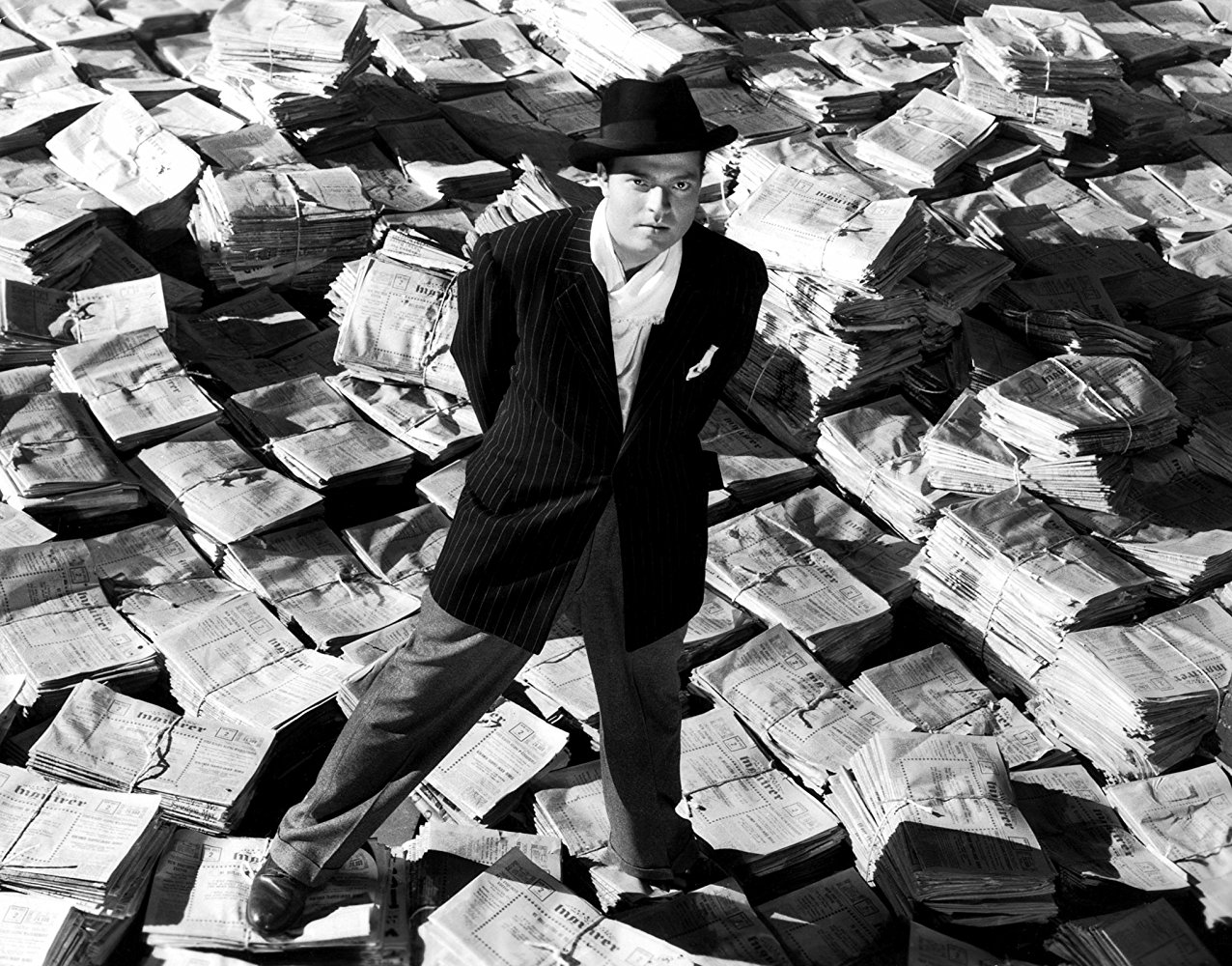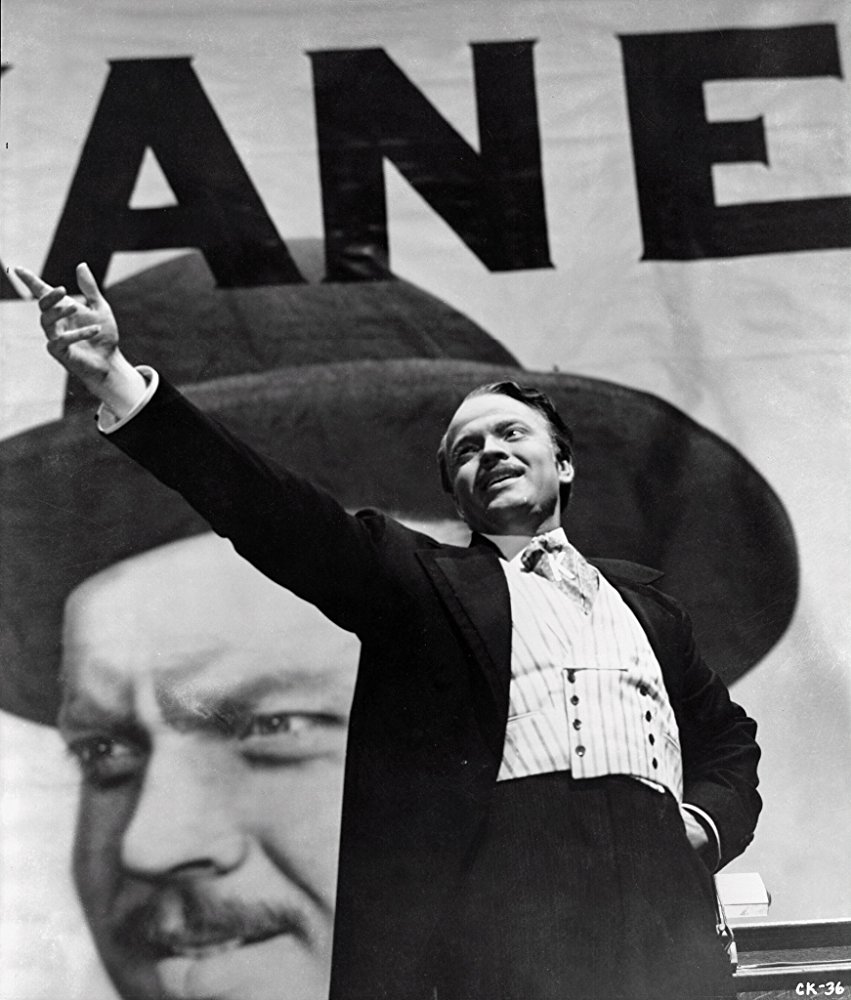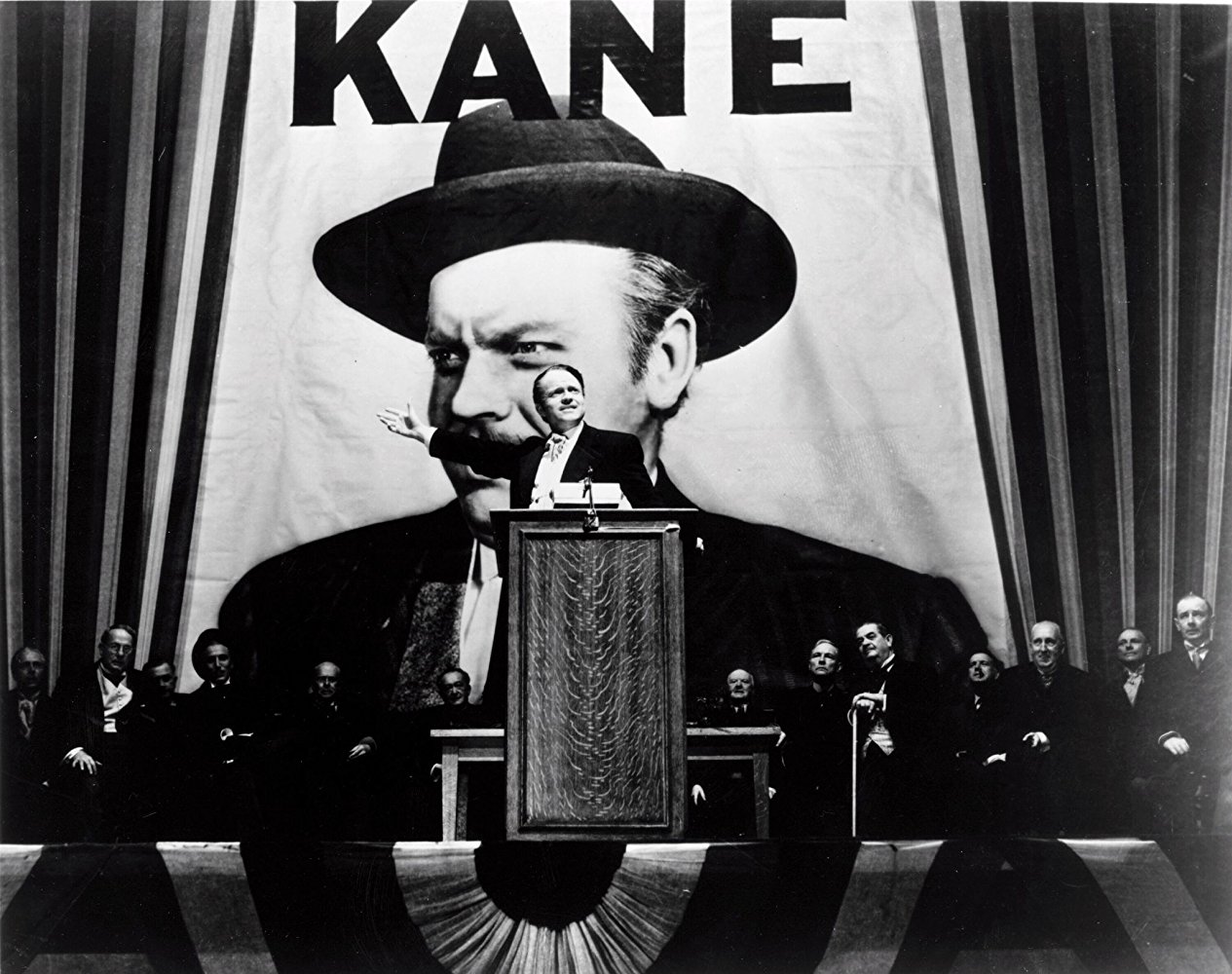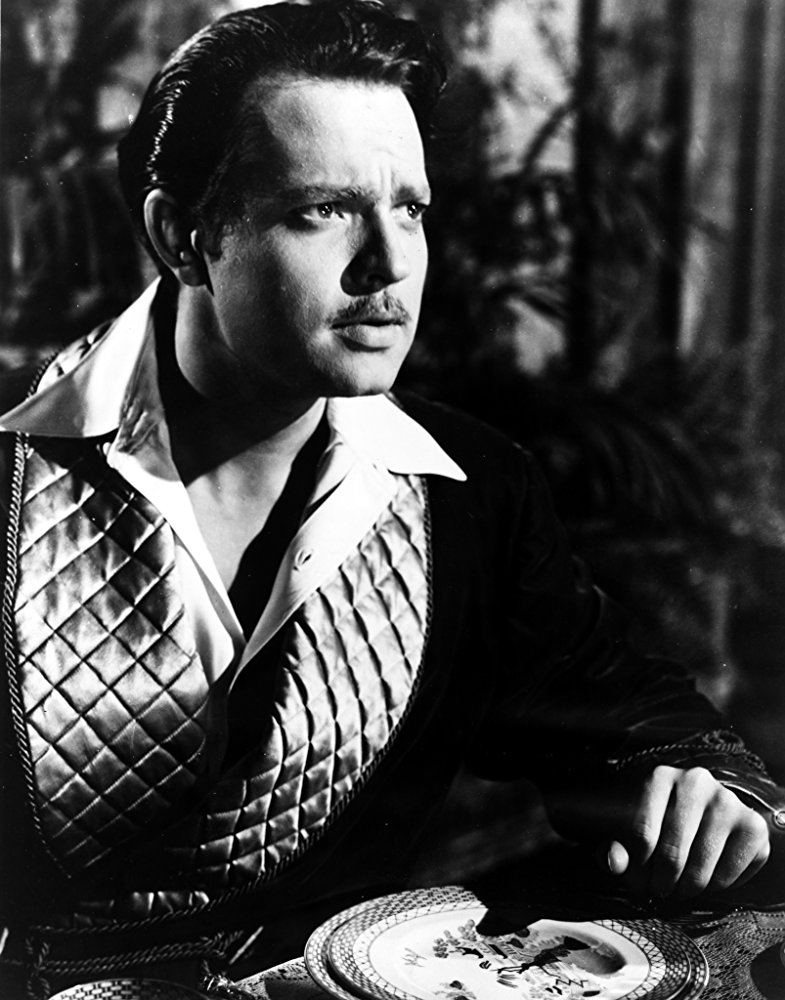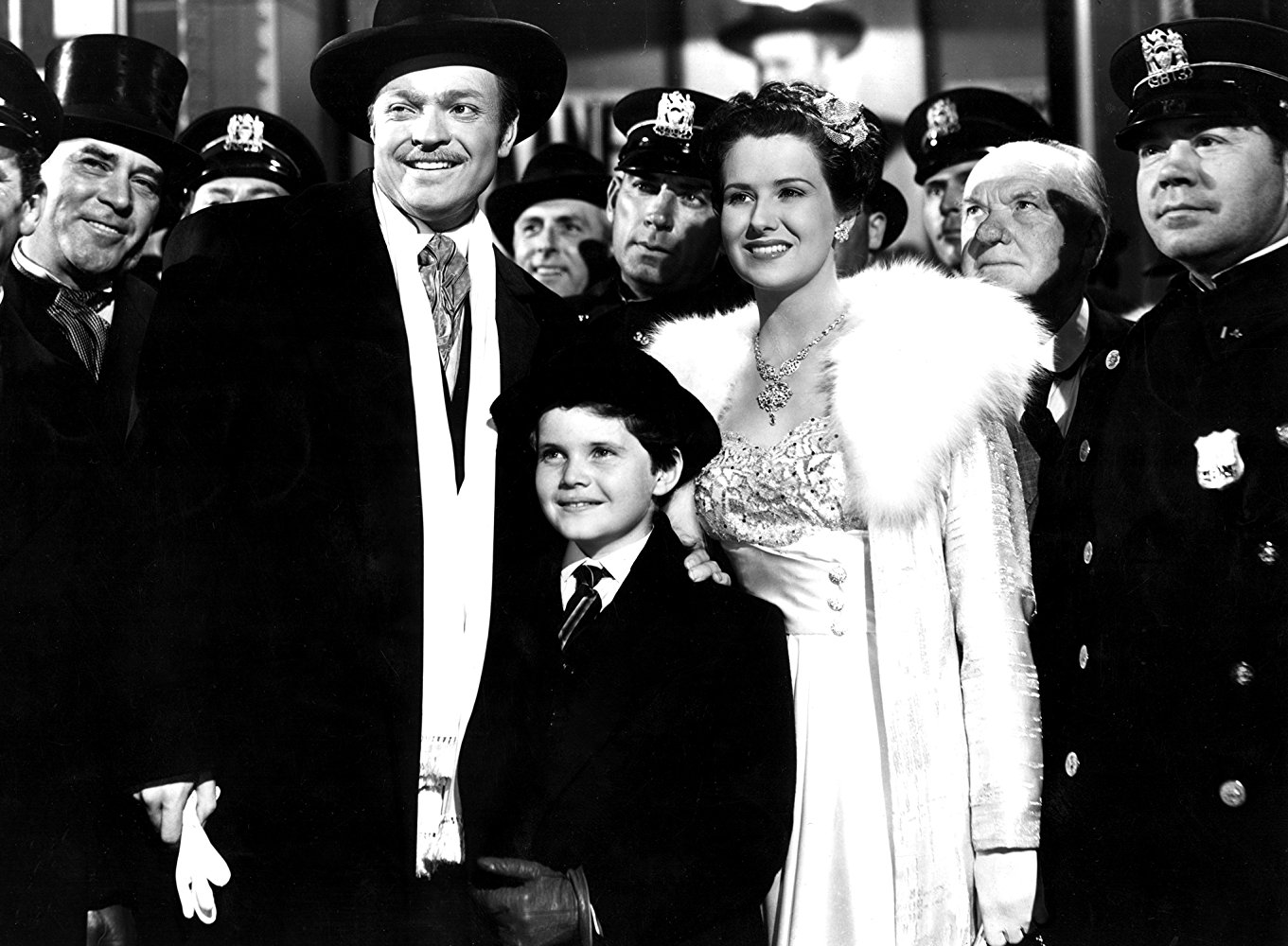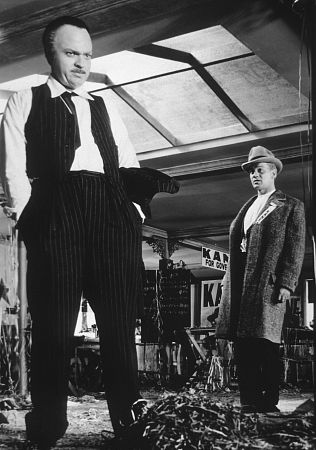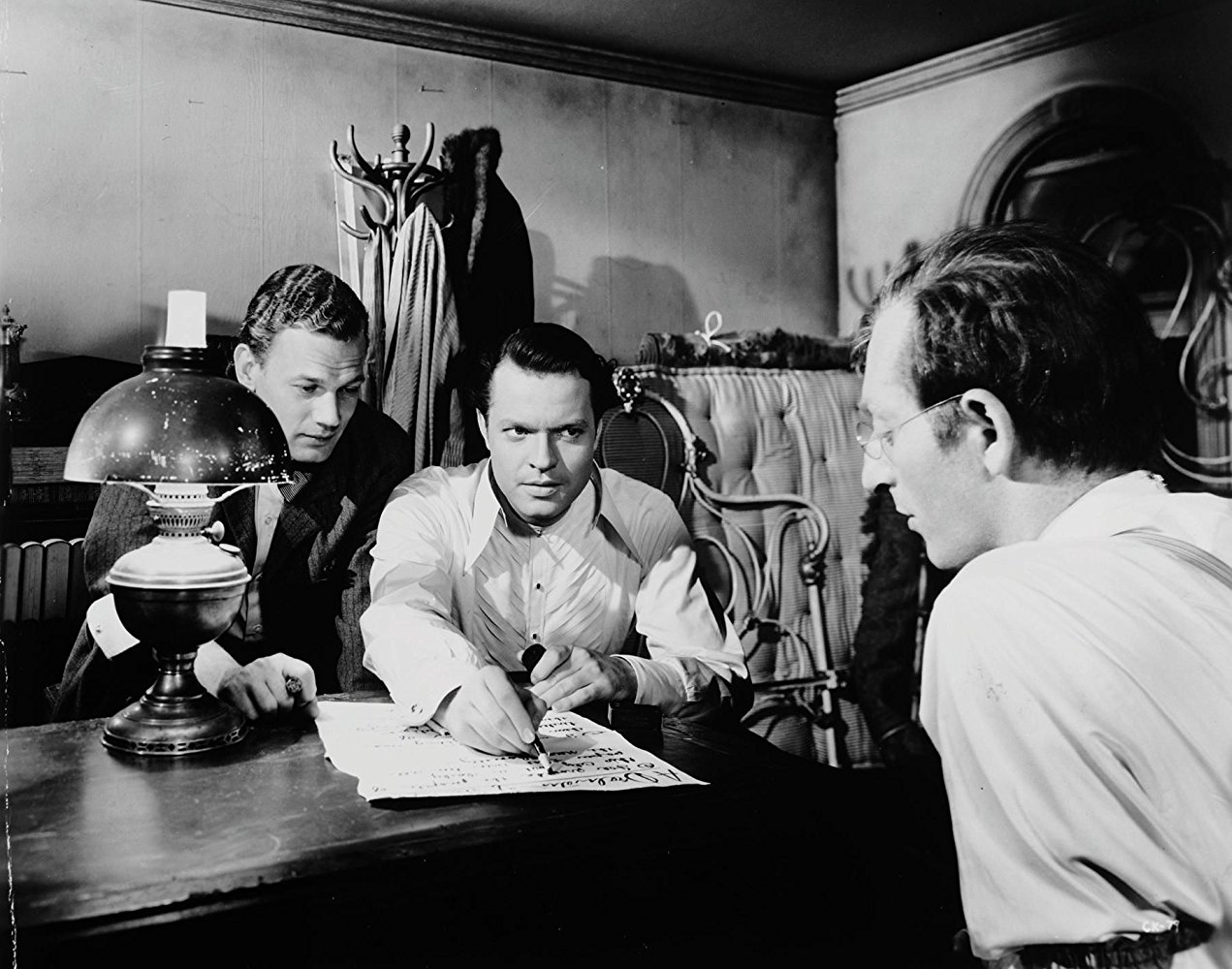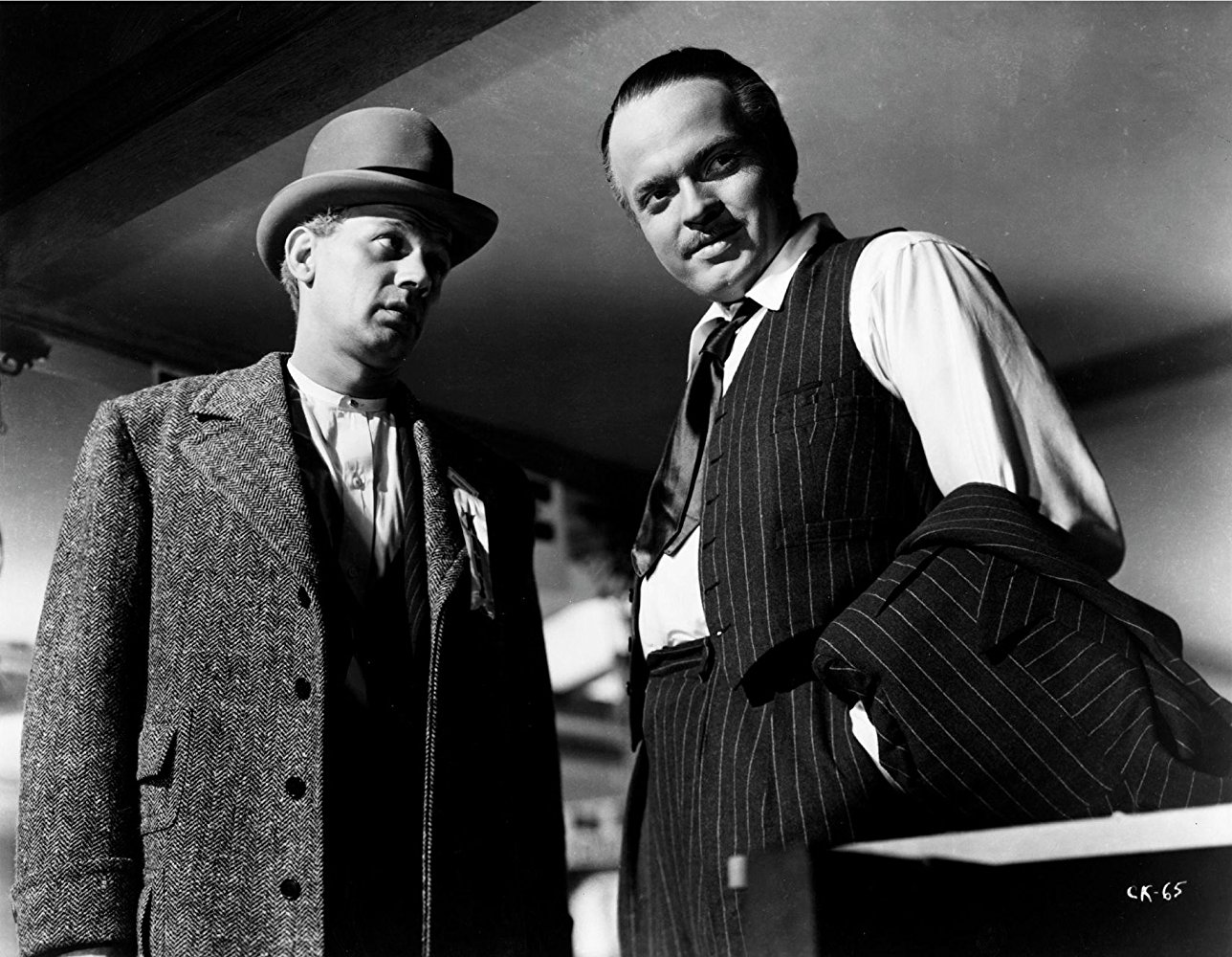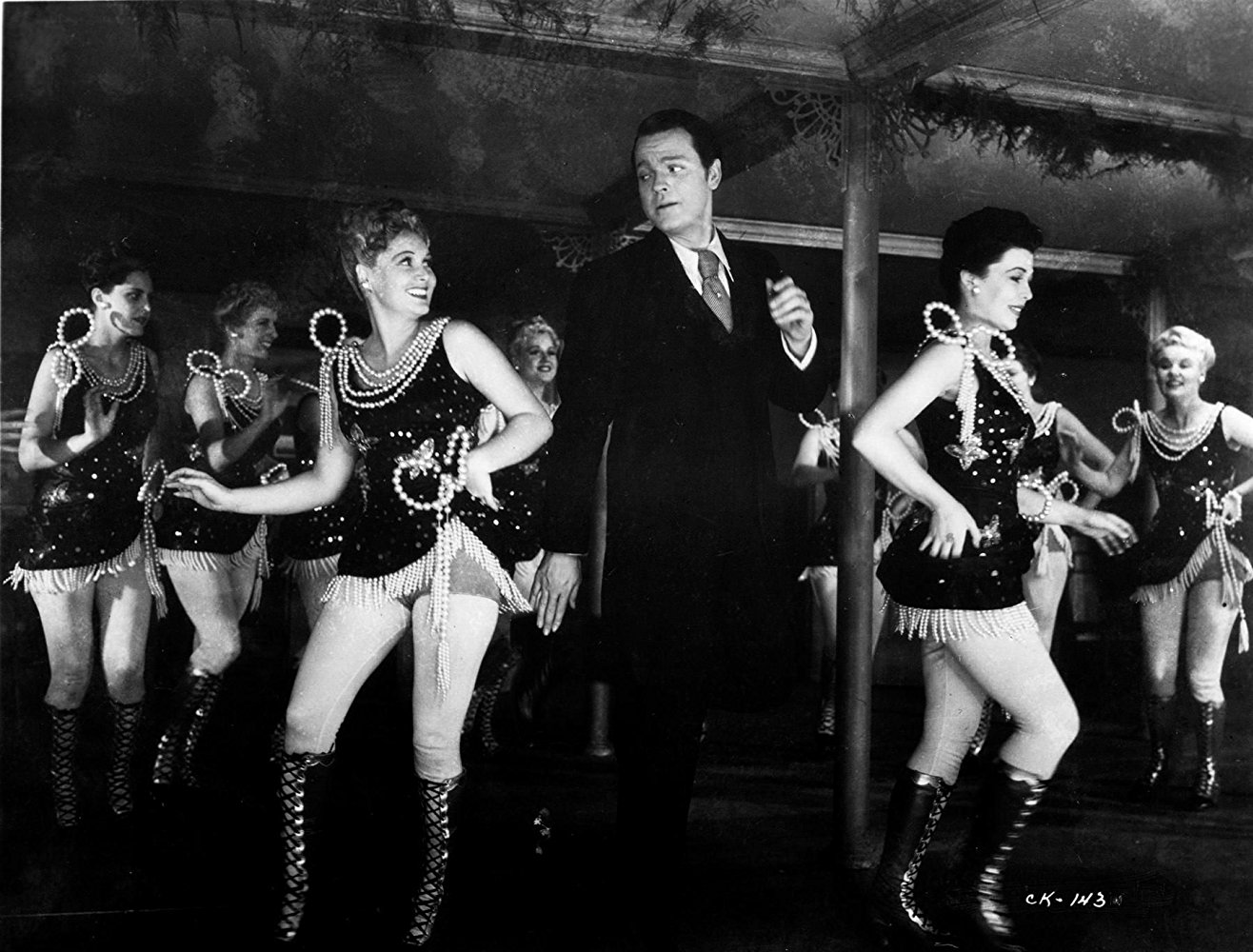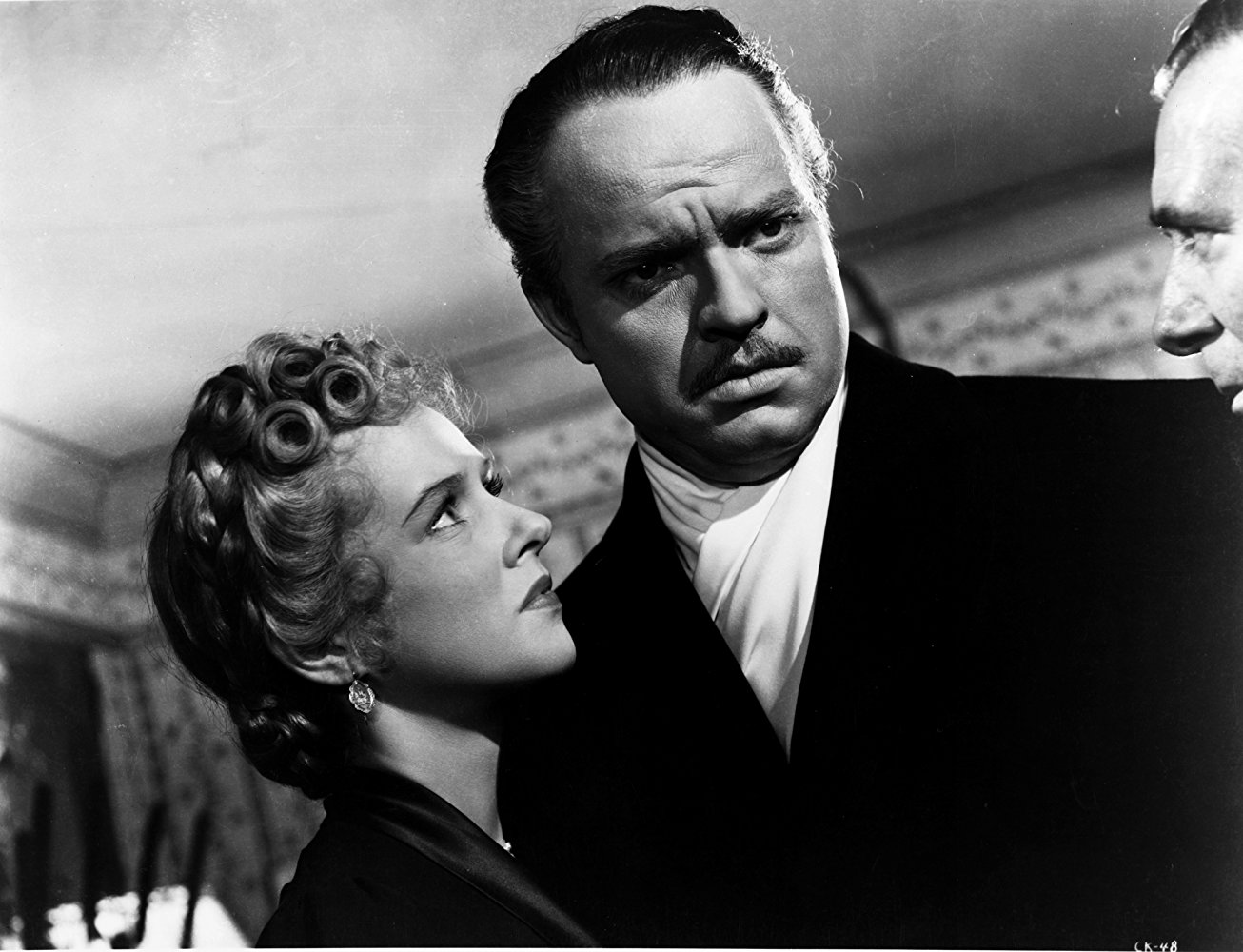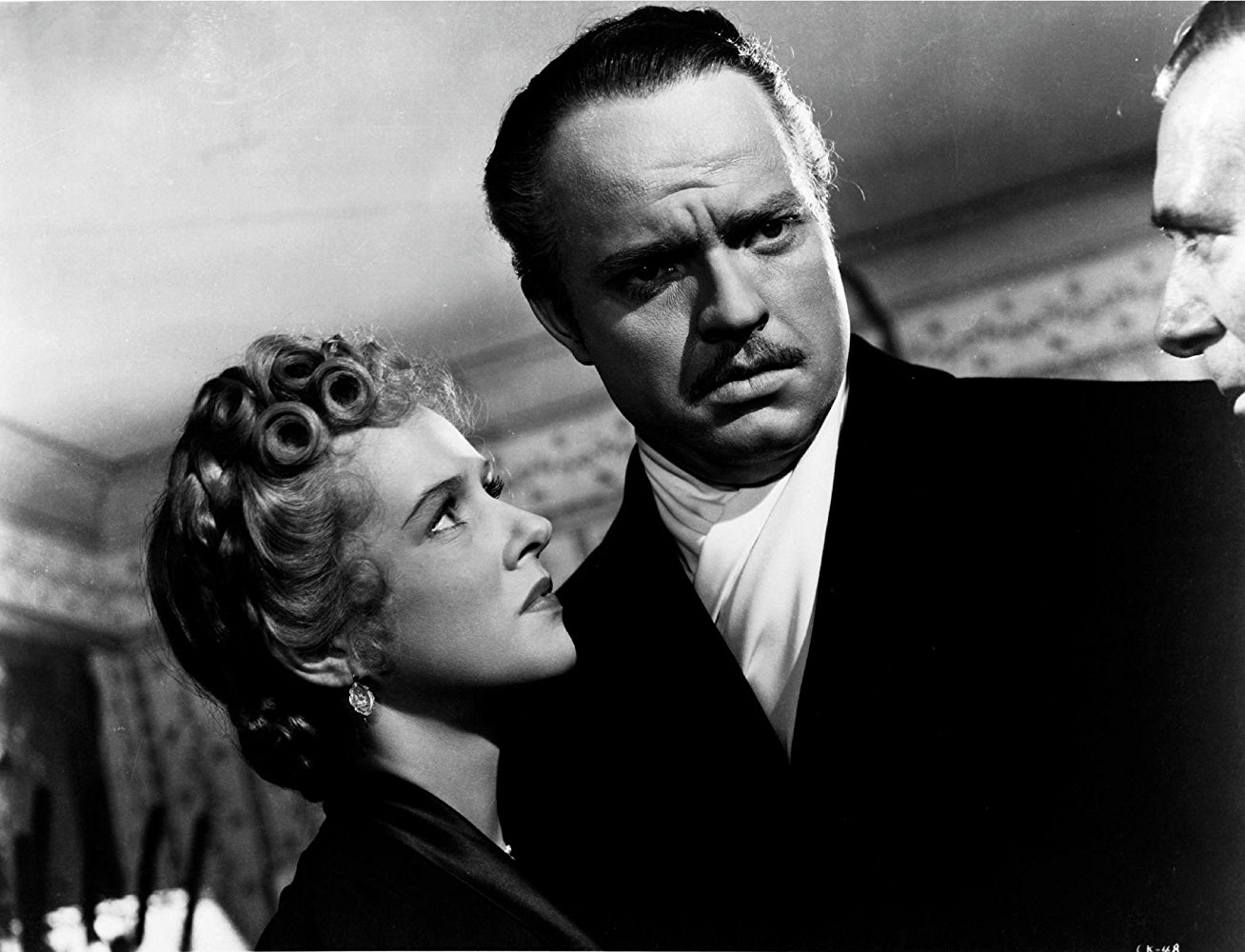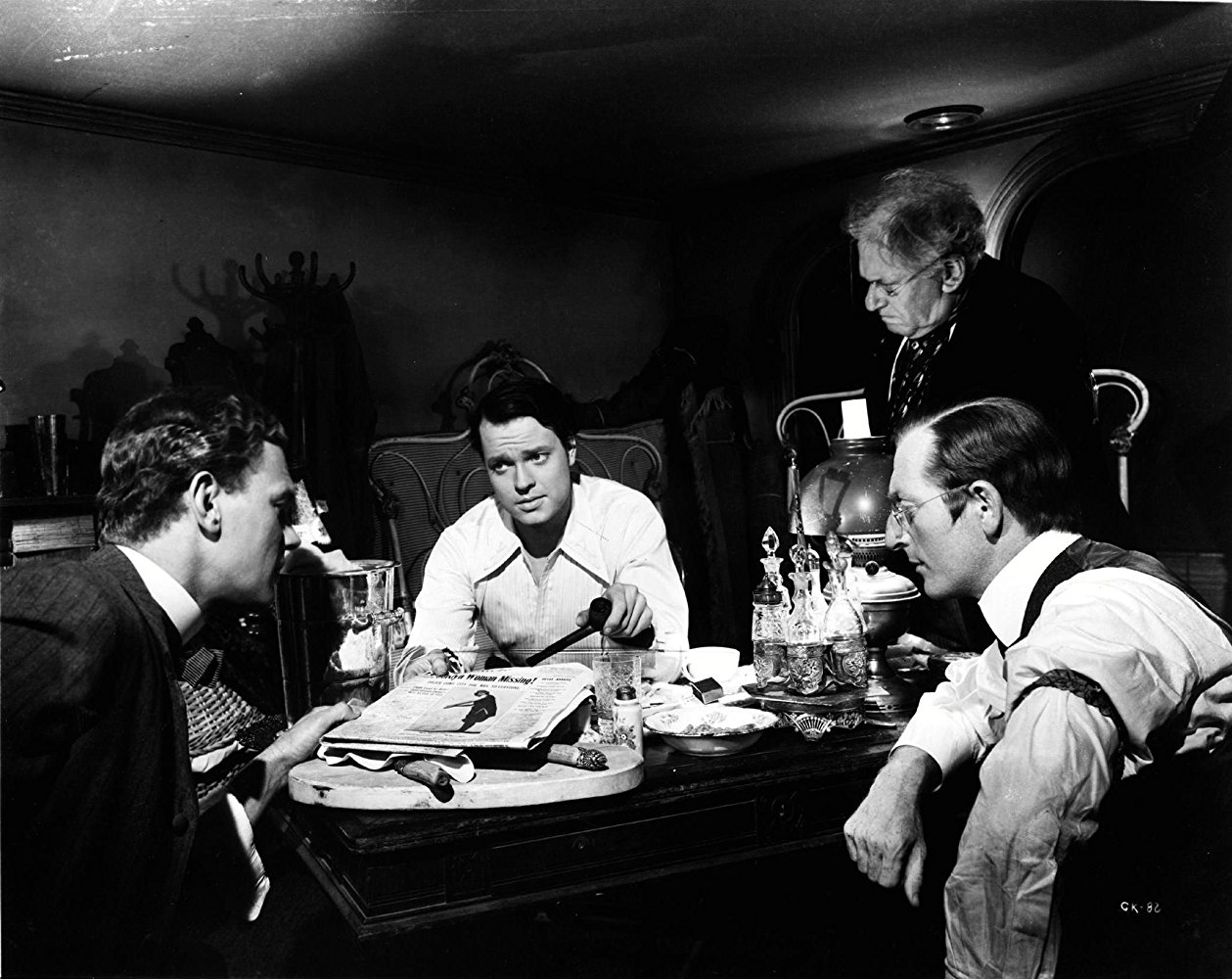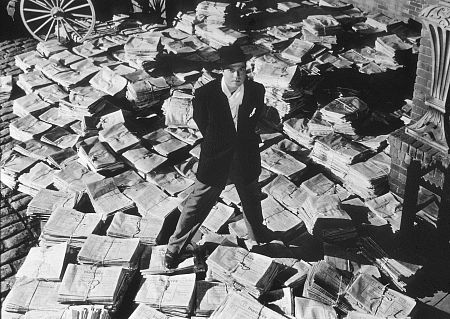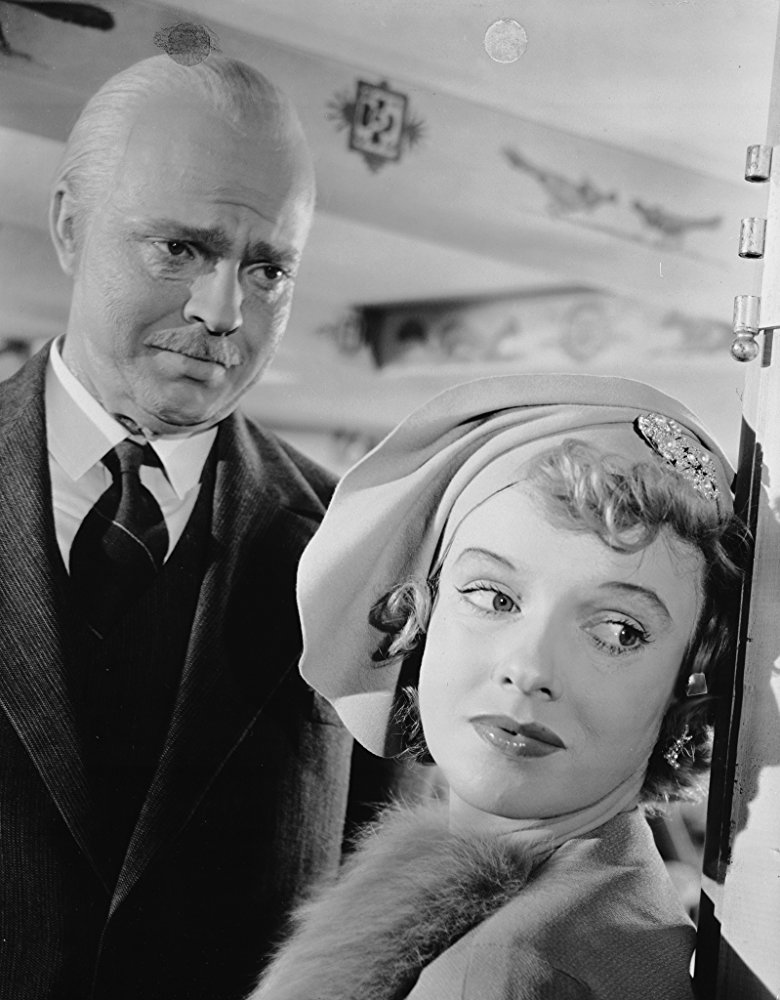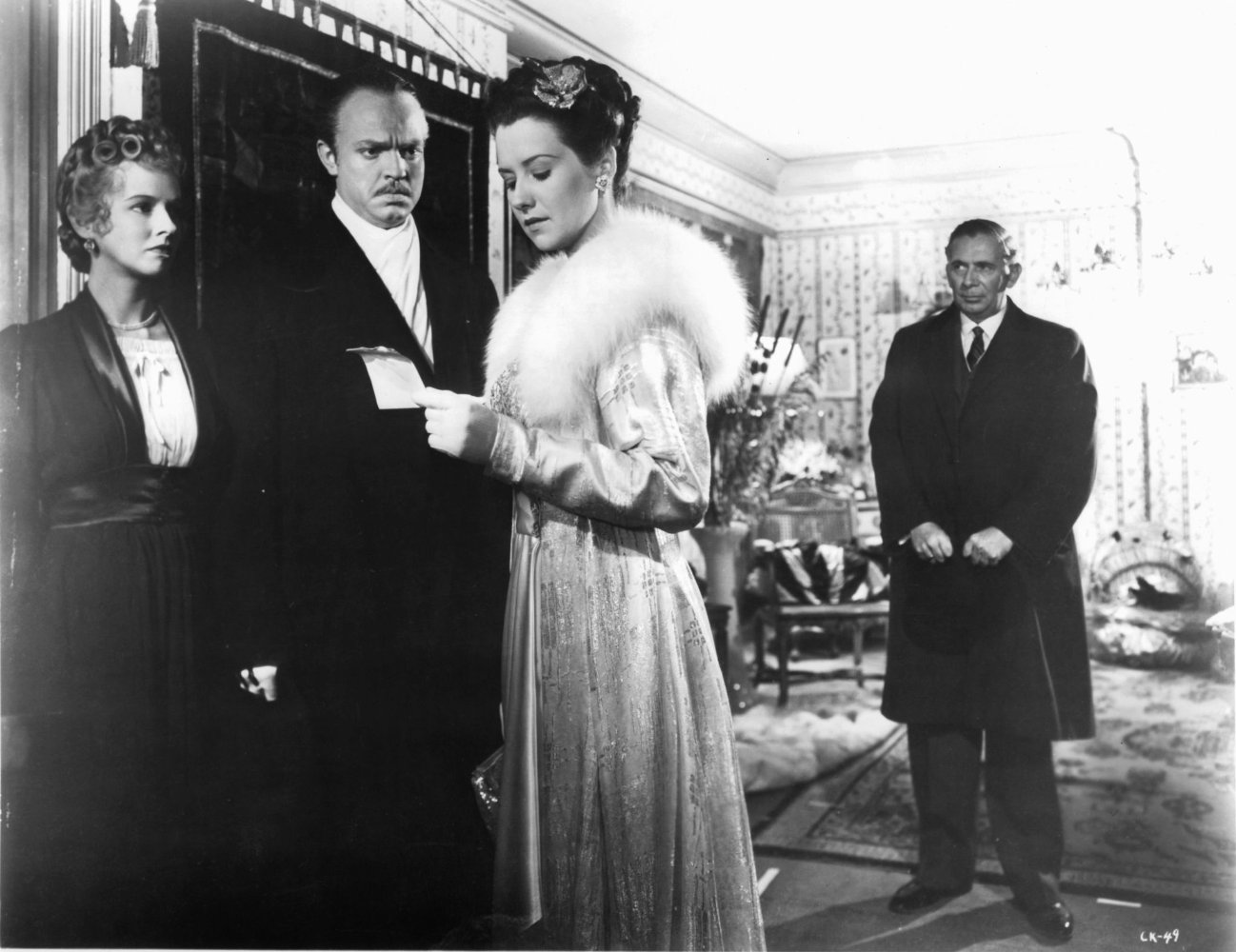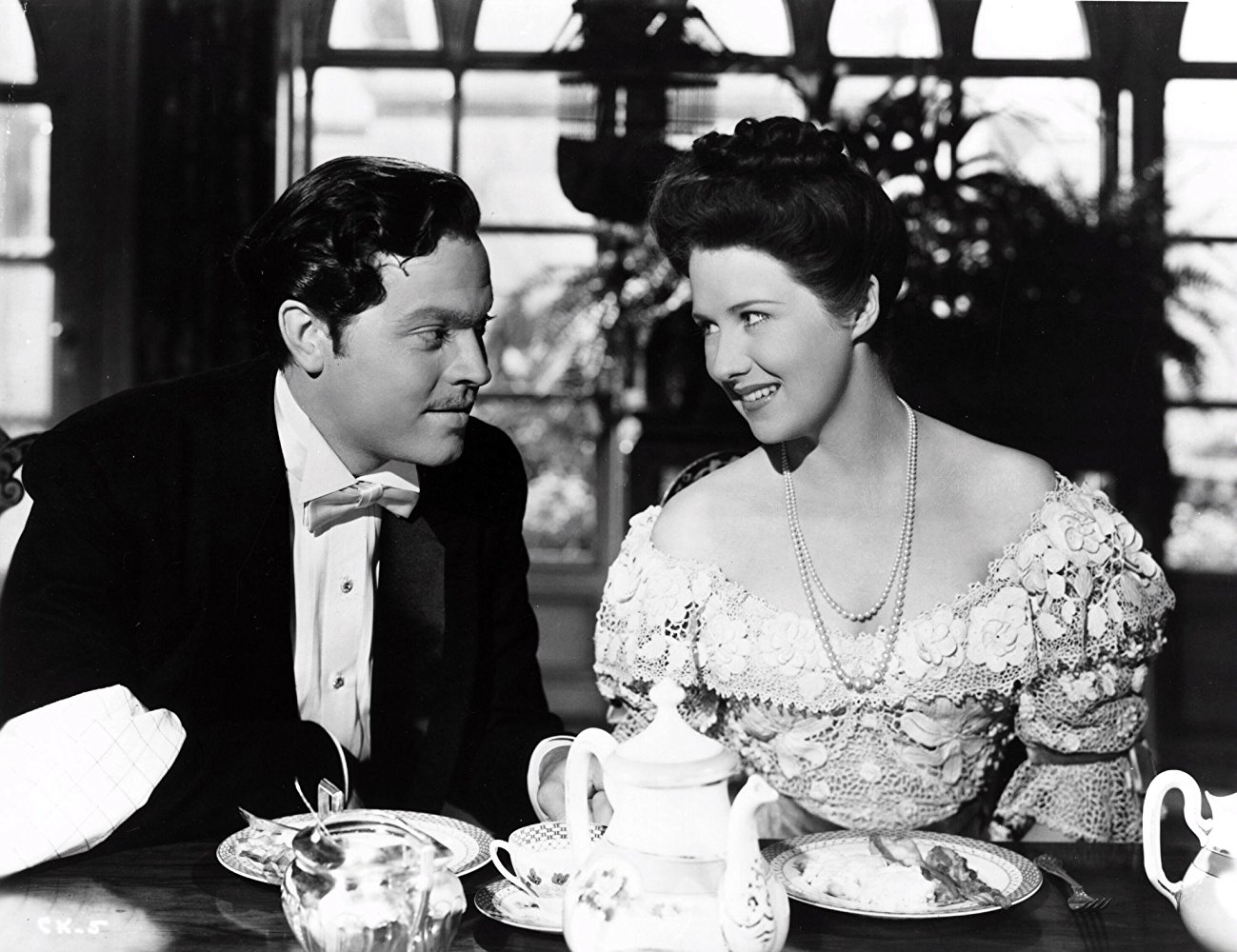Charles Foster Kane was born of humble origins in the fictional settlement of Little Salem, Colorado in 1863. A mine given to his parents (to settle a bill for room and board) happened to be rich in gold. To secure a better future for the eight-year-old boy, his parents gave him over to Walter Parks Thatcher in 1871, who raised him in luxury until ...
Show more »
Charles Foster Kane was born of humble origins in the fictional settlement of Little Salem, Colorado in 1863. A mine given to his parents (to settle a bill for room and board) happened to be rich in gold. To secure a better future for the eight-year-old boy, his parents gave him over to Walter Parks Thatcher in 1871, who raised him in luxury until he became an adult. However, Kane hated Thatcher immediately for ripping him away from his family and he attended numerous colleges, all of which expelled him, including Harvard, Yale, Princeton, and Cornell.As an adult, Kane took on the newspaper The New York Inquirer because he thought it might be fun to run a newspaper and for the pleasure of harassing Thatcher's political goals and personal business interests, including ones Kane held stock in. One of his first acts was to publish a declaration of principles, which stated his duty to tell his readers the truth. However, he almost immediately begins using yellow journalism tactics to blow stories out of proportion and outdo his rivals by raiding their staff, as if they were collectibles, and encouraging a war with Spain. To finance this initially money losing business, Kane used his personal resources which he defiantly bragged to Thatcher would allow him to operate it, even at a million dollar annual loss, for decades.Kane eventually married Emily Monroe Norton, the niece of an apparently fictional president of the United States. Unfortunately, the couple's relationship turned cold as his wealth and power fed his megalomaniacal ego. As Kane's popularity and fortune increased, he ran for Governor of New York against reputedly corrupt boss J. W. Gettys. It seemed Kane would secure the election easily, until Gettys revealed evidence suggesting Kane had been having an affair with a young singer named Susan Alexander. When Gettys contacted Kane's wife to use his weapon, Kane accompanied her to see him. Even though his affair was found out, Kane refused to drop out of the race and threatened Gettys despite his position of weakness. As a result, the scandal went public and Kane lost the election decisively. Furthermore, Kane's best friend, Jedediah Leland, profoundly disillusioned at his friend's haughty arrogance at humiliating his family and treating the electorate like his personal property, insisted on being transferred to Kane's Chicago paper to stay away from him.Kane's wife divorced him in 1916 and died two years later in a car crash with their son. Kane married Susan Alexander and forced her into a doomed and humiliating career as an opera singer, despite the fact that this form of theater was seriously out of her depth. This effort cost more than money in Chicago, where Jedediah Leland, the paper's drama critic, refused to follow the company line praising Alexander, but became too drunk at the difficult task of writing a truthful review against his friend's wishes. While Leland was in a stupor, Kane finished the review with the negative tone intact to show that he still had integrity, even while he simultaneously fired Leland for not cooperating in his obsession. In retaliation, Leland refused his severance package and mailed the torn up check and the original copy of Kane's declaration of principles to remind him of what he had lost. However, Kane considered that personal statement obsolete and tore it up in anger.After the despondent Susan attempted suicide, Kane released from her from the operatic career and retired to Xanadu, his Gothic chateau in Florida. The combination of business downturns and Kane's excessive spending habits cost him much of his control of his media businesses to Thatcher, although he still had considerable wealth. Susan, bored with living alone with Kane becoming a domineering hermit, eventually left him. There, alone and estranged from all his friends, Kane died of old age in 1941 uttering the cryptic word Rosebud. Reporter Jerry Thompson was assigned to track down the meaning of Rosebud, shortly after Kane's death. Though he interviewed all of Kane's living acquaintances, he never found it. In truth, the word Rosebud was written on the sled Kane was given by his parents as a little boy before he first moved in with Thatcher. The original sled remains in the snow for years on the Kane ranch in the early scenes of the movie. Later, as a token effort by Thatcher to help Kane settle into his new home, Kane receives a fancier sled for Christmas. That sled, considered to be trash, was burned after Kane's death along with other possessions seen as trash by the bank. The sled represents the innocence and love stolen from Kane when he was taken from his parents. It also represented how Thatcher tried to satisfy his need for a father but didn't know what he needed.
Show less «

